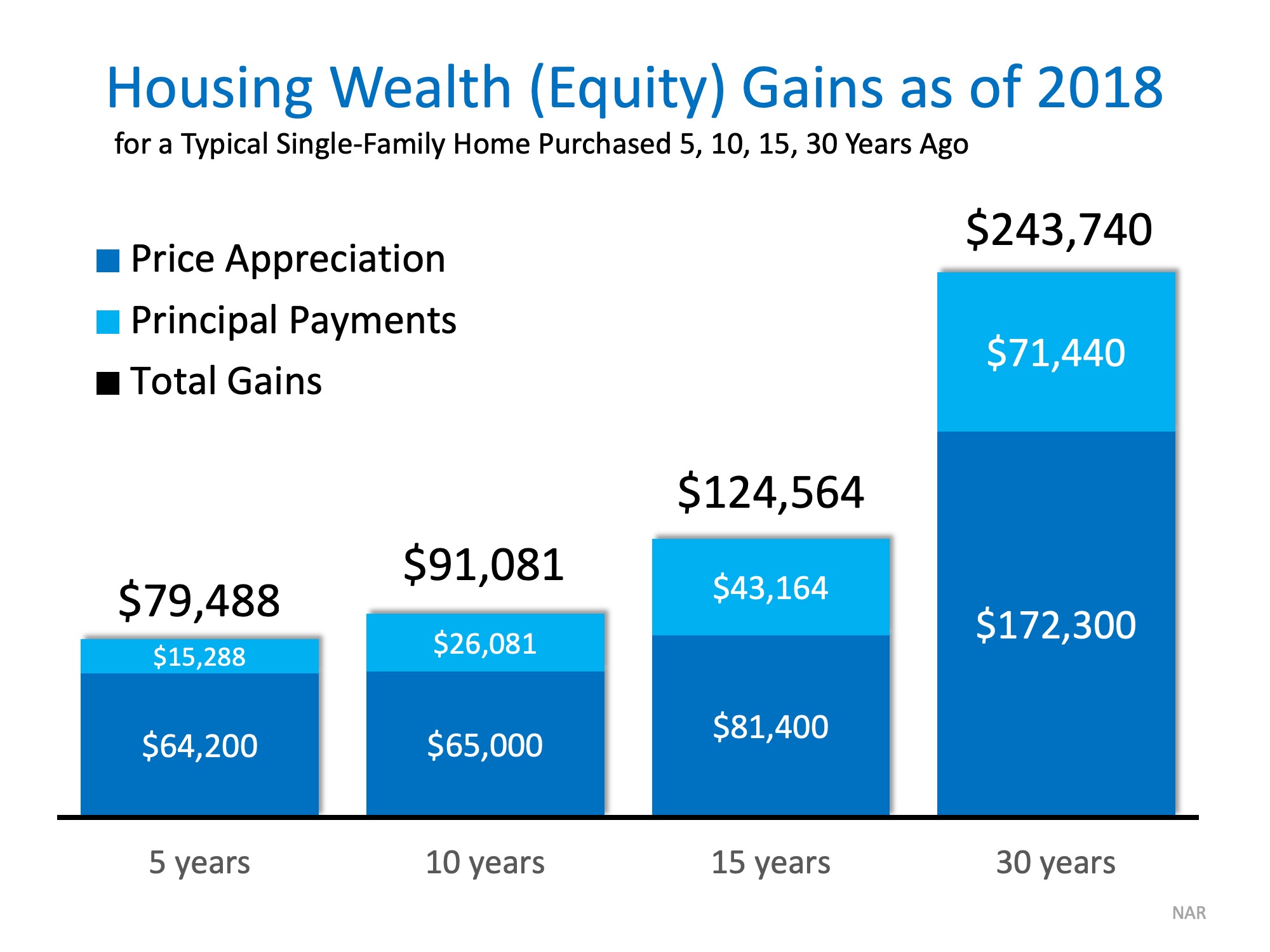
Home repairs can be very costly, even when they are DIY projects. Paying for all the materials or covering a professional’s services can quickly turn into thousands of dollars in unplanned costs
, which will just as quickly lead to stress or anxiety. Whether you need to make repairs to the roof after a big storm or are planning to install a new air conditioning system, it’s crucial to have a good plan in place. In some cases, your homeowners insurance
may help cover the cost of repairs, but not always, so you’ll need to read up on your policy.
When you need to hire a professional, keep in mind that many services will allow you to set up a payment plan if the bill is over a certain amount. This is a great way to pay off what you owe without having to lay out thousands of dollars up front, but it will most likely come with interest charges, so make sure you understand the terms before agreeing to them.
Paying for home repairs and maintenance can be stressful, but it doesn’t have to be. Read ahead to find out more about how you can prepare.
Do Your Research on AC Units
Central air units are some of the most expensive things to replace or add to a home, so it’s important to do some research before you buy. There are many different sizes and types of units
, and having some knowledge of the way they work will help you make the right decision. You’ll also need to consider whether the home needs to have a breaker panel installed and how big the space is that you want to cool. Having a professional do the installation is essential; keep in mind that the cost for this service can go as high as $15,000
.
Build Up a Home Repair Fund
Saving money isn’t always easy, but if you can find a way to put aside some money now and then for a repair fund, you’ll be able to reduce a lot of the stress that comes with owning a home. Things tend to go wrong at the worst possible time, and having the extra money set aside when the hot water heater quits or when the electrical wiring needs some work will help to ensure that you can get it taken care of without having to worry about gathering the funds. Set a budget
for your daily spending to get a handle on how much you could potentially be saving, then start small
; take your lunch to work instead of eating out, carpool once or twice a week to save on gas, or get the family involved in a routine that will help everyone remember to turn off lights and appliances when they aren’t being used in order to save on your utility bills. You can also make a plan to pay off
your credit card, especially if you’ve had to use them to cover repairs.
Know the Signs of Damage
It can sometimes be difficult to recognize signs of damage
, especially in an area that’s hard to see every day, but it’s important to make sure you know what to look for so that repairs don’t take too long. When it comes to your roof, the cost of fixing any damage can be high if you wait (a roof replacement in Huntersville can cost up to $9,000
). Keep an eye out for missing or broken shingles or damp spots on your ceilings or walls, and hire a pro for the job only after researching local contractors
.
Paying for home repairs and renovation projects can be a big hardship if you aren’t prepared, so plan well before you begin. Do a little research to make sure you’re comfortable with the task at hand, and always call in a pro for the big jobs; otherwise, you run the risk of creating damage or making a small problem bigger.






